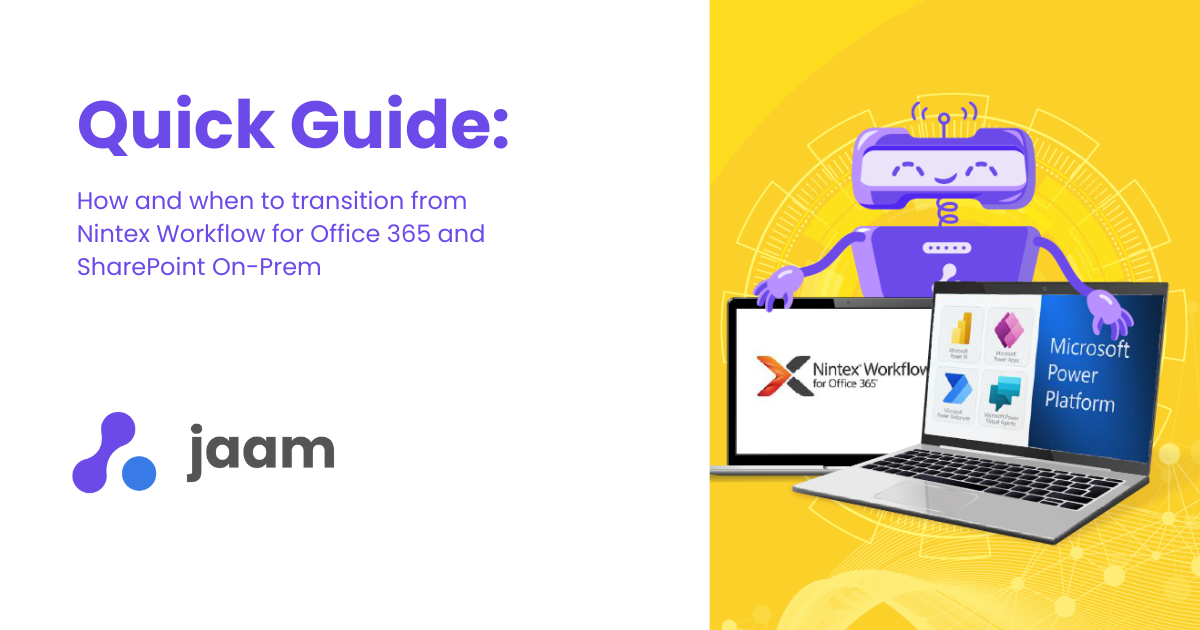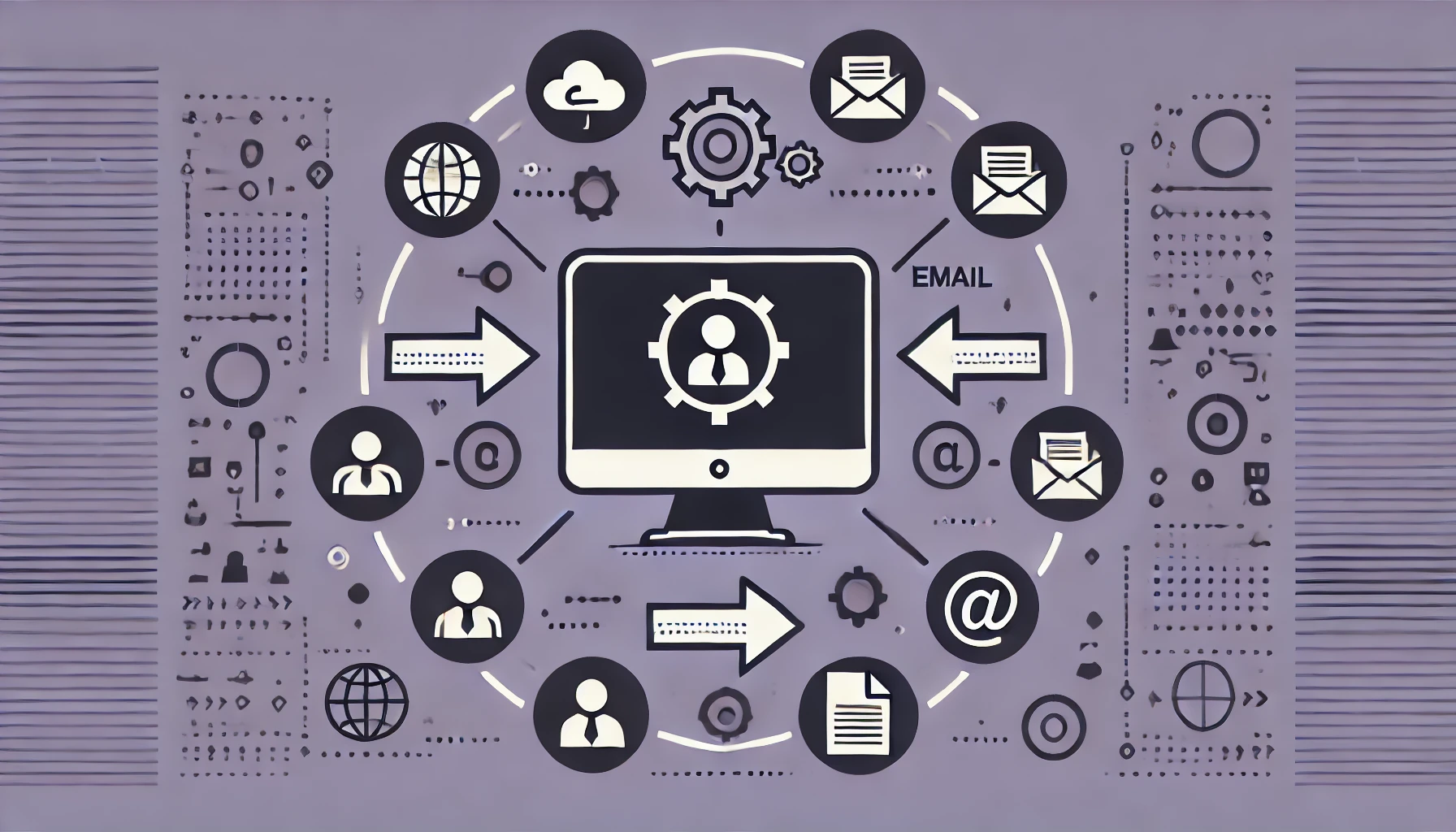If you are thinking of kicking off your first automation project, you would be forgiven for asking some of the common questions that we hear from clients that we speak to daily.
- Where do I start?
- What does an automation project or process optimization look like?
- Which department should be automated first?
Broadly speaking, automation technology may include the use of robots, workflow, data integration and practical artificial intelligence (amongst others) with the goal of replacing the manual actions within your various departments’ processes, to optimize both time and output.
A great way to start on identifying the processes that need to be automated is by asking yourself the following questions:
- Which tasks are basic and based on process rules?
- Which tasks are well documented?
- Which tasks are relatively stable with minimal changes?
- Which tasks are very repetitive?
- Which tasks are being used frequently?
Once you have decided on the first area to tackle, you need to look at what you would like to achieve. Look at your current non-automated work tasks – how many tasks in the chosen process do you think you can replace? How many repetitive tasks are present in any given process? Additionally, evaluate how much time you want to save for a single process.
Keep your end goals in mind, which may consist of a few of the below examples.
- Optimizing customer service
- Providing staff with time to do more demanding and rewarding tasks to grow the business.
- Reducing human error
- Saving a considerable amount of time – robots don’t need a lot of sleep!
Thirdly you need to choose a provider with the right automation solution for your business. Choose wisely, as your success depends on it. Always do your research and make sure your provider has in-depth automation and business knowledge and the technical capability to assist you with all your needs.
Below is a brief example of how a time-consuming task such as employee onboarding can be automated using a combination of technologies. This process normally involves interaction between several different people and systems and is a prime candidate for automation.
When a new team member is employed, there is normally an entire array of events that need to happen before the employee can effectively kick off their new role. The HR department are normally tasked with obtaining personal information for filing, creating user account, emails, and all kinds of initial paper-based admin as part of the onboarding function.
There is a large amount of manual work involved in the above process, as well as email communications between different departments including the hiring manager, IT and local management teams.
With the help of automation, a digital process can automate each step of the process by using a combination of workflow, forms, robotic process automation (RPA) and internal chatbot technology, effectively passing information and data between departments with relevant signoffs for each step and utilizing RPA to manually intervene and capture data wherever possible, eliminating keyboard time and human error.
Data can also be effectively and efficiently moved between systems by making use of a data integration platform, avoiding disconnected information being kept across various systems.
Similar processes primed for automation can be found across your organization – knowing where to start and choosing the right partner are key factors for success. Chat to us to see how we can help you with your journey.




